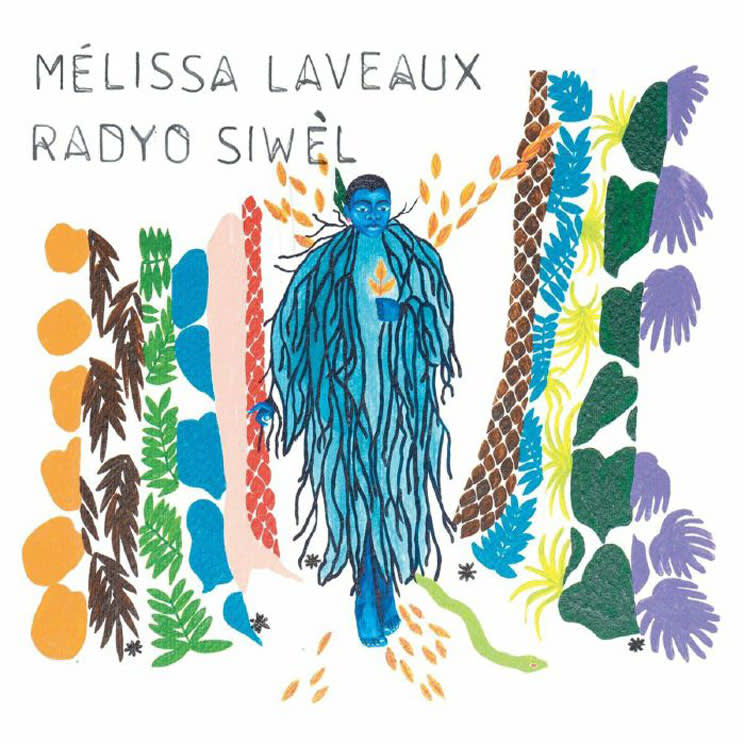Right off the bat, there is an immediate temptation to compare Montreal-born singer-songwriter Mélissa Laveaux to American musician Meshell Ndegeocello. But that does neither artist any favours.
With Radyo Siwèl, Laveaux blends throaty vocals with acoustic soul and the musical sensibilities of her Haitian heritage. Indeed, Radyo Siwèl deftly mines elements of calypso, roots, jazz, blues and Creole folk — in addition to a distinct vocal and percussive finger-style guitar — to present a uniquely memorable French-language offering. Whether it's the smoky-slow flavour of "Panama Mwen Tomb," the welcoming yet haunting tone of "Le Ma Monte Chwal Mwen," the guitar-driven ride that is "Kouzen" or the traditional-meets-modern feel of "Twa Fey," Leveaux clearly knows her musical identity — somewhat rare for an emerging artist.
There is an overriding feel of reflection over the proceeding, informed by Leveaux's desire to explore how Haiti's past — notably the American occupation of Haiti from 1915 to 1934 — has impacted the nation's present and potential future. Her ability to pay respects to her history — see a track like "Lasiren La Balen" or the catchy "Angeli-ko" — with a hard-rocking sound, "Nibo" is highly impressive at this stage in the game. At 12 tracks, Radyo Siwèl doesn't overstay its welcome and is speckled with enough gems to leave a lasting impression. It's a bit cliche to say Mélissa Laveaux is "one to watch" yet, here we are.
(No Format)With Radyo Siwèl, Laveaux blends throaty vocals with acoustic soul and the musical sensibilities of her Haitian heritage. Indeed, Radyo Siwèl deftly mines elements of calypso, roots, jazz, blues and Creole folk — in addition to a distinct vocal and percussive finger-style guitar — to present a uniquely memorable French-language offering. Whether it's the smoky-slow flavour of "Panama Mwen Tomb," the welcoming yet haunting tone of "Le Ma Monte Chwal Mwen," the guitar-driven ride that is "Kouzen" or the traditional-meets-modern feel of "Twa Fey," Leveaux clearly knows her musical identity — somewhat rare for an emerging artist.
There is an overriding feel of reflection over the proceeding, informed by Leveaux's desire to explore how Haiti's past — notably the American occupation of Haiti from 1915 to 1934 — has impacted the nation's present and potential future. Her ability to pay respects to her history — see a track like "Lasiren La Balen" or the catchy "Angeli-ko" — with a hard-rocking sound, "Nibo" is highly impressive at this stage in the game. At 12 tracks, Radyo Siwèl doesn't overstay its welcome and is speckled with enough gems to leave a lasting impression. It's a bit cliche to say Mélissa Laveaux is "one to watch" yet, here we are.
